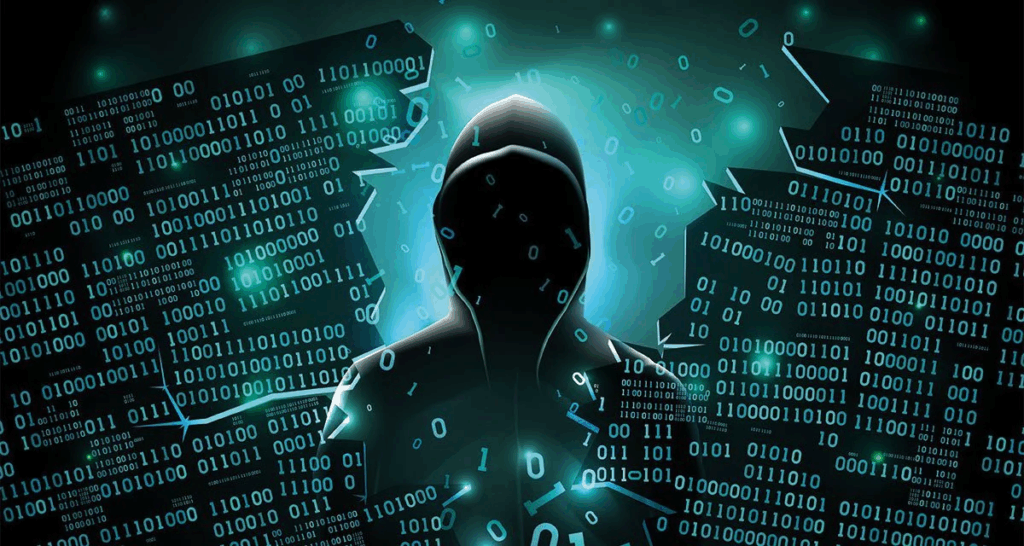The mysterious underbelly of the internet has always piqued curiosity, but few areas are cloaked in as much intrigue as dark web marketplaces. Commonly referred to as “darkmarkets,” these platforms exist beyond the reach of traditional web browsers, shrouded in anonymity. However, navigating these murky waters is fraught with legal, ethical, and personal risks.
This article unpacks everything you need to know about darknet markets, what they are, the dangers they pose, and why users are better off exploring legal alternatives. If you’re curious about “darkmarket URLs” or how these platforms function, proceed with caution, as understanding them comes with serious disclaimers.
What Are Darknet Markets
Darknet markets, often referred to as darkmarkets, are online marketplaces operating within encrypted networks like Tor or I2P. These platforms allow buyers and sellers to trade a variety of goods, many of which are illicit. From counterfeit items to stolen data, illegal drugs, and even hacking services, the trade often revolves around activities forbidden on the surface web.

Accessing these markets requires specific tools, such as the Tor browser, which anonymizes users’ identities and locations. Transactions on darkmarkets are typically conducted using cryptocurrencies like Bitcoin or Monero to maintain financial anonymity.
Common Terms in Darkmarket Discussions:
To understand how people discuss dark web issues, here are a few key terms:
- Darkmarket list: A directory or list of purported active dark web market links.
- Darkmarket URL (or link): The address used to access an individual darknet market.
- Dark web marketplaces: General term for e-commerce sites on the dark web.
Disclaimer:
Before proceeding, it’s crucial to remember that engaging in illegal activities, including accessing dark web markets for unlawful purposes, carries severe penalties. This article is intended for educational purposes to raise awareness about their risks and alternatives.
How Darkmarkets Work
Darkmarkets mirror traditional e-commerce sites in their layout and functionality. However, due to anonymity and lack of regulation, they operate very differently.
Typical characteristics include:
- Anonymity:
Users access the markets via encrypted networks like Tor and utilize cryptocurrencies for private transactions.
- User Reviews:
Much like traditional sites, darkmarkets rely on buyer reviews and ratings to establish vendor reputations.
- Escrow Systems:
Some markets provide escrow services that hold payments until the buyer confirms their satisfaction, which reduces (but doesn’t eliminate) the risk of scams.
- Moderation:
Certain dark web marketplaces claim to regulate trade by prohibiting unethical goods, such as child exploitation material. Still, these claims are far from trustworthy given their illegal nature.
The Risks and Dangers of Darkmarkets
The darkmarket URL might seem like a portal to boundless opportunities, but entering this world comes with significant risks. These dangers highlight why it is unwise to seek out and use dark web marketplaces.
1. Legal Repercussions
The most obvious risk is the law. Many countries, including the United States, have dedicated cybercrime units fighting against illegal activities on the dark web. Merely accessing these sites can put you under scrutiny, and purchasing contraband is outright illegal.
2. Scams and Fraud
Surprisingly, scams are incredibly common on darkmarkets. Fraudulent marketplaces lure users with promises of goods, disappearing with the money after payment. The lack of legal recourse means victims have nowhere to turn for recovered funds.
3. Malware and Security Threats
Darknet links can be treacherous, often leading to malware-infected websites. Visitors might unknowingly expose their devices or personal data to hackers.
4. Ethical Considerations
Every transaction made on a darknet market fuels illegal activities and harms individuals or communities. For instance, the purchase of stolen personal data or counterfeit items supports a cycle of crimes.
Finding Darkmarket URLs and Their Challenges
Many users are intrigued by the hunt for a darkmarket URL, often searching for “dark market list” or “dark web market links.” However, there are substantial challenges and dangers tied to locating and using these URLs.
- Frequent Shut Downs:
Law enforcement operations frequently take down darkmarkets. For example, Operation Onymous, a global attack on the dark web, has dismantled several major markets over the years.
- Fake URL Lists:
Many “dark web market lists” are fakes designed to scam unsuspecting users or spread malware. Searching for these URLs via unauthorized sources only compounds the risks.
- Ever-Changing URLs:
To avoid detection, even legitimate darkmarkets frequently change their URLs. This creates confusion and makes the already dicey process of finding working links even riskier.
- Trust Issues:
New markets claiming to be replacements for seized platforms pop up regularly. Many of them, however, are short-lived scams.
Given these obstacles, pursuing a dark web marketplace is not only unwise but exceedingly dangerous.

Exploring Legal and Safer Alternatives
If you’re curious about darknet markets as online ecosystems, consider legal platforms and tools that provide safety and transparency.
1. Ethical Marketplaces
Platforms such as eBay, Etsy, or Amazon serve as reliable, legal equivalents for buying and selling a wide range of products. They are regulated, ensuring both buyer and seller protection.
2. Knowledge Networks
For those interested in the technology behind dark web tools, exploring encrypted browsing via trusted academic sources or forums is a safer way to learn, without engaging in illegal activities.
3. Safer Privacy Tools
If your interest in darkmarkets stems from seeking anonymity online, explore privacy-focused browsers, email services, or search engines like DuckDuckGo. These tools protect privacy legally and ethically.
4. Community Marketplaces
Need niche products or curated items? Legitimate communities like specialized forums exist for enthusiasts of rare collectibles, handcrafted arts, or other niche markets.
Responsible Digital Practices
Whether it’s out of curiosity or practical need, navigating the fringes of the internet requires careful thought, responsibility, and legality. Engaging with dark web marketplaces may appear exciting but rarely ends well for users. From significant personal legal risks to inadvertently funding unethical industries, the potential dangers far outweigh any perceived benefits.
Instead of venturing into the murky corners of the web, contribute to building a safer, ethical internet. Use tools that prioritize both privacy and legality.

